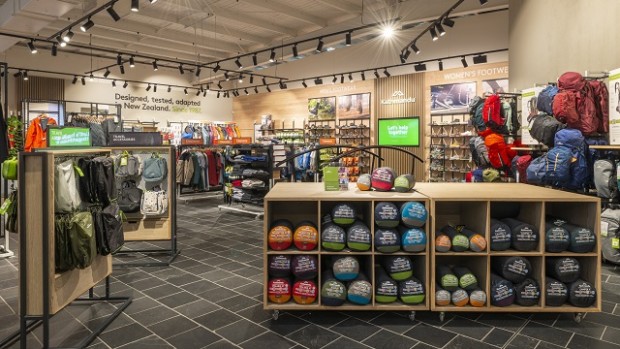

Kathmandu has unveiled a number of initiatives to stem the impact global lockdowns and safety measures are having on its supply chain and international staff.
In Australia and New Zealand the business has seen “significant” reduction in footfall, which has impacted sales. And with travel and movement restrictions coming into effect worldwide, the business’s RipCurl and wholesale customers are now in enforced closures across Europe.
On Wednesday the business pledged to reduce operating expenses and optimise labour costs, while deferring non-essential projects, managing inventory levels and implementing a travel and hiring freeze.
“Given the rapidly evolving COVID-19 situation, we have been reviewing available advice and data on a daily basis and taking steps to protect the wellbeing of our team and customers, and to reduce the adverse impact on trading,” Kathmandu chief executive Xavier Simonet said.
Inventory levels are sufficient for the time being, assisted by a diversified supplier base and a longer lead time of technical product categories, and the business is not expecting a material product shortage in the following seasons.
However, due to the unclear nature of the next few months, the business wasn’t able to give a forecast for the second half of the financial year – though it expects an impact on earnings.
Industry outlook unclear
Kathmandu is far from the first business to refuse to speculate on what the second half of the financial year will bring, with several retailers having withdrawn forecasted guidance made before the outbreak ramped up.
Mirvac on Wednesday said it would withdraw its FY20 earnings and distribution guidance, as well as any forward looking statements.
Flight Centre withdraw its expectations for the year ahead last week, shutting 100 local sites in an effort to survive a disastrous shift away from travel during the virus.
In Myer’s half-year results, the business touched on the potential impacts of COVID-19 on its operations in the second half, pointing to a four to six week delay in May, and for goods shipped to stores to decline 60 per cent during March.

